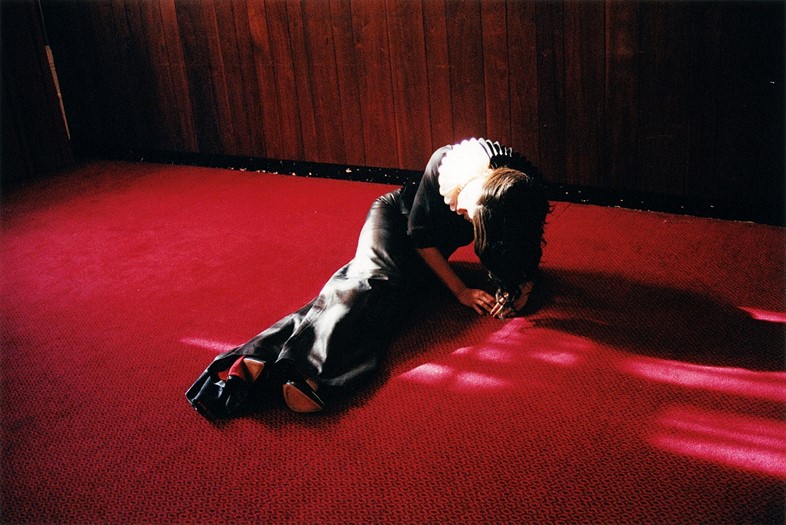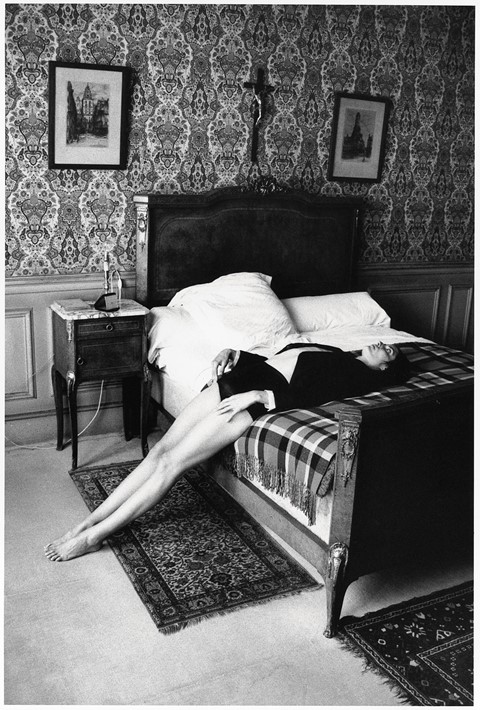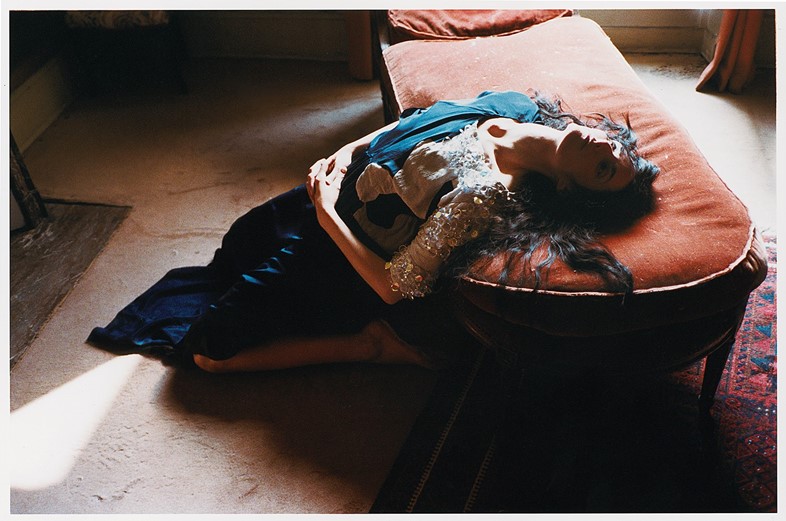Suffering from mild insomnia? We asked an expert for some quick fixes
We spend one third of our lives asleep. Statistically speaking, this means that by the time we reach the age of 97, we’ll have lived a total of 31 years in a state of slumber. The scientific research behind the importance of good quality rest is extensive, and medical specialists generally reach the unanimous conclusion: sleep is a vital bodily function, yet it is strangely considered a nuisance to the fraught pace of modern life.
The benefits of a proper night’s sleep far extend the ability to function like a human being. Firstly, our glymphatic system – a cleaning system for the brain, if you will – increases its function by 60-70% at night, ridding the brain of neurotoxins which build up throughout the day, just through thinking. Thus, studies have revealed that acquiring a better sleep pattern diminishes the risk of developing Alzheimer’s and dementia. Secondly, when we’re sleep-deprived, our levels of ghrelin and leptin – the hormones that regulate hunger – become out of sorts, and those lacking in sleep are less able to manage stress and stave off illnesses due a compromised immune system, with susceptibility to the common cold increasing by four and a half times. With all this in mind, it’s about time that we put sleep back on our list of priorities, no? We spoke with Dr Guy Meadows, clinical director and founder of The Sleep School, to whittle down five top tips on how to get the best zzzs of your life.

1. An extra 15 minutes can make all the difference
“We’ve been surveying the state of the nation’s sleep for the last couple of years,” says Dr Meadows. “We’ve surveyed 25,000 adults, and only 1% said they wake up feeling completely refreshed. The long and short of it is that tiredness is the new norm.” We’re so often told that between seven and eight hours of sleep is the optimum amount – but some people need as little as four or as much as 12, he argues. “The real question to ask to determine whether you’re getting enough sleep is: ‘do I wake up feeling refreshed? If the answer is a resounding ‘no’, then retreating to bed 15-30 minutes earlier than usual can make all the difference, impacting on our ability to focus, problem-solve and be at our best creatively.”

2. Sleep at the right time for you (it’s determined by genetics)
Dr Meadows also has some excellent news for those of us who struggle with getting up in the morning. “When we talk about the timing of our sleep, it’s actually determined by genetics, which dictate our internal body clock,” he says. “We have 20,000 clock cells located in an area called the suprachiasmatic nucleus, located just behind your eyes. This is what keeps us on time, and what tells your brain when to sleep and when to wake.”
Subsequently, our individual body clocks, set by our genetic codes, can be catagorised into a number of variations. “The vast majority of us are hummingbirds, those who sleep between 10-11pm to 6-7am. However, some of us are larks, who go to sleep around 8pm and rise around 5am.” The final category is the owl, those who find sleeping at night an impossibility and waking early – in line with societal norms – highly problematic. Yet, Dr Meadows is witnessing a shift. “For centuries now, the world has favoured the lark. But I predict that what we’re seeing is a recognition of our individual chronotypes. Soon, we’ll see our work places allowing us to turn up whenever is most optimal for us.”

3. Don’t forcibly reset your bodyclock
“Social jetlag is a phenomenon that posesses all the benefits of normal jetlag – headaches, nausea, insomnia, brain fog, et cetera – without you actually travelling anywhere,” Dr Meadows hypothesises. “25% of the UK experiences social jetlag. Ultimately, what this means is that getting up and going to bed at different times every day – lying in at the weekend, for example – causes a circadian confusion.”
Eating at different times, exposing yourself to light at different times and exercising at different times also have a detrimental effect on our internal bodyclocks. As a result, we turn to sleeping pills and potions – herbal or otherwise – to help us reset the clock. But, Dr Meadows argues that such methods are not workable long-term strategies. “Insomnia is largely psychological, and the more we try to control the function of sleep, the more awake we become. The best thing to do in this circumstance is relinquish control entirely – good quality sleep will find you at the optimum moment, most likely when you have stopped trying altogether.”

4. Pace yourself with coffee, alcohol, cigarettes and food
Dr Meadows has some staunch advice for coffee and wine lovers. “We all produce a sleepy brain chemical called adenosine. Well, caffeine is the antagonist to adenosine,” he explains. “The way it works is it binds the receptor sites where adenosine would usually bind, prolonging wakefulness.” Caffeine takes around six hours to leave your system, so it makes sense to limit yourself to a maximum of three caffeine-based products a day. Likewise, alcohol impairs our ability to slip into REM sleep, leading to fragmented rest, especially towards the latter part of the night. “It takes an hour to metabolise one unit of alcohol. So, if you have a glass of champagne at 7pm, it will clear from your system at around 9.30pm, whereas if you have four glasses, it will likely disturb your sleep.” Nicotine, similarly, is a stimulant, so if you must smoke, leaving at least three to four hours between smoking and sleeping is very important. Lastly, reverse your mealtimes – the largest meal should be eaten in the morning and the smallest in the evening, lest you fancy yet another restless night.

5. Switch off entirely
“Our daily wind-down routines generally involve being on our phones. We know that this reduces the production of melatonin, increases the time it takes to fall asleep, and greatly reduces sleep quality,” says Dr Meadows. So, as tempting as nightly screen-time is, it is deeply detrimental to your sleep. For one, the blue light omitted from smart devices actually mimics the same wavelength of the sun’s rays, tricking your brain into thinking it’s dawn rather than midnight. Secondly, checking in on emails stimulates our stress levels, subsequently delaying sleep onset and quality. Switching off a minimum of two hours before bed then is key. “Ultimately, I’m a big fan of just switching stuff off and pottering around if you aren’t sleepy yet. The more you wind down, the more you convince your brain that sleep is on the way.”
With thanks to Dr Guy Meadows and Marriott Hotels.
